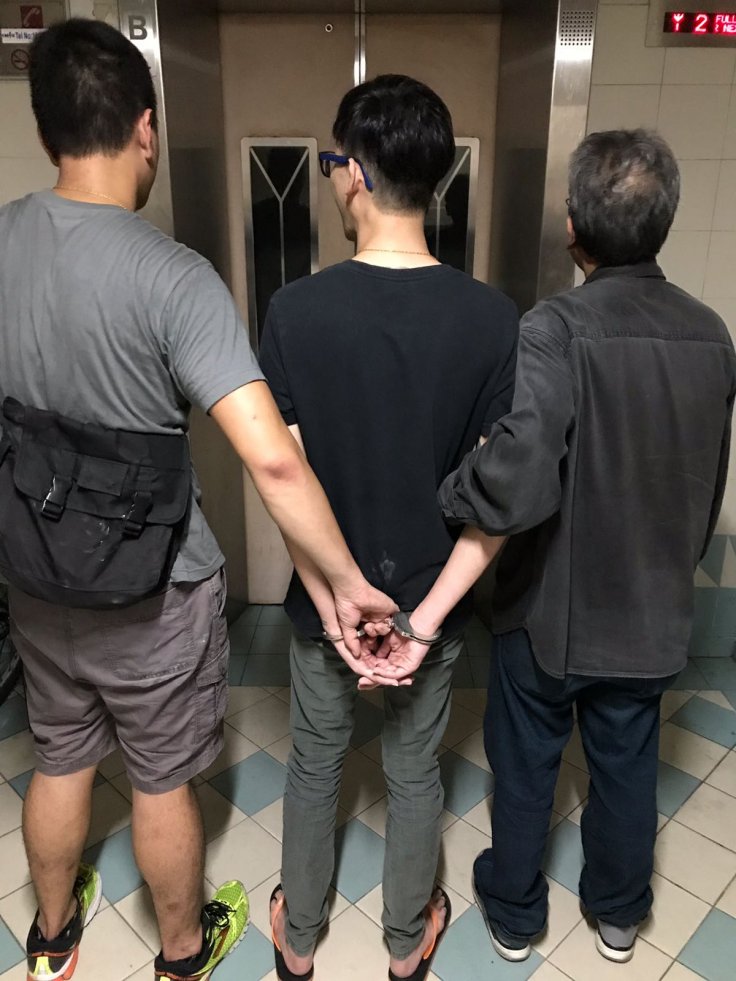
A 26-year-old computer security undergraduate was fined $4,000 on Monday for impersonating a Singapore minister on Twitter and trying to trick people into believing the latter has endorsed some educational online courses.
Reports said that the student of Singaporean Institute of Management, Tan Bing Song, pretended to be Senior Minister of State for Trade and Industry and National Development Koh Poh Koon.
The Deputy Public Prosecutor Sheryl Janet George began the legal proceeding saying that Tan started a website in 2013 called ONZOS to help companies advertise their products.
He received an offer from a company called Udemy that provides an online learning platform and the accused was asked to sell the discount coupons for the course on ONZOS. Every time someone buys a coupon through him, he would receive a commission from the company.
When the web traffic of ONZOS was low in 2016, he was suggested by a monetizing forum to use the name and image of a well-known personality as a marketing ploy to bring more traffic to the website.
To use the name of a prominent personality, Tan did a google search of doctors and Koh Poh Koon's name came out on top as he is also a top colorectal surgeon in Singapore.
Later, Tan created a Twitter account with the username of Dr. Koh Koon and included the photograph and the full name of the surgeon, Dr Koh Poh Koon, not aware of the fact he was also a minister for industry and trade in Singapore.
The accused linked his website to the Twitter account to encourage the Twitter users to follow the website so that they would be alerted whenever Udemy course coupons were uploaded.
But when the media administrator of the minister, Tee Wee Lee, came to know about the fake account, he lodged a police complaint against Tan on June 14, 2016.
While seeking a $5,000 fine for Tan's offence, DPP George told the court that the accused could not succeed to trick people to buy the course. However, the fake account has been deactivated now.
Tan's lawyer Lim Kia Tong has argued that his client admitted his ignorance and wrong-doing and had sent the minister an apology letter which was taken kindly and that Dr Koh had forgiven him. His lawyer sought a probation period keeping in view the good track record of Tan.
He also appealed the court to take into consideration the accused's family condition when he committed the crime. Tan wanted to help his family come out of financial woes, he reminded.
Section 415 of Singapore's Penal Code defines cheating as an offence in which a person (A) deceives another person (B) and either:
• Fraudulently, or intending to cause wrongful loss to B or wrongful gain to A, causes B to deliver property to A; or
• Intentionally causes B to do or omit to do something which B would not have done if he or she had not been deceived. The act or omission must also cause or be likely to cause damage or harm to any person in body, mind or property.
In case of cheating by impersonation or the act of masking a person's identity to deceive the victim, the maximum sentence is higher if the cheating involves impersonation whenever,
• The cheater personally pretends to be someone else.
• The cheater tells the victim that another person, usually the cheat's accomplice, is someone else.
• The cheat substitutes one person for another.
If the cheating involves impersonation, then the punishment extends to five years' imprisonment, fine, or both.









